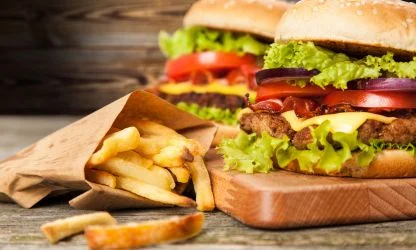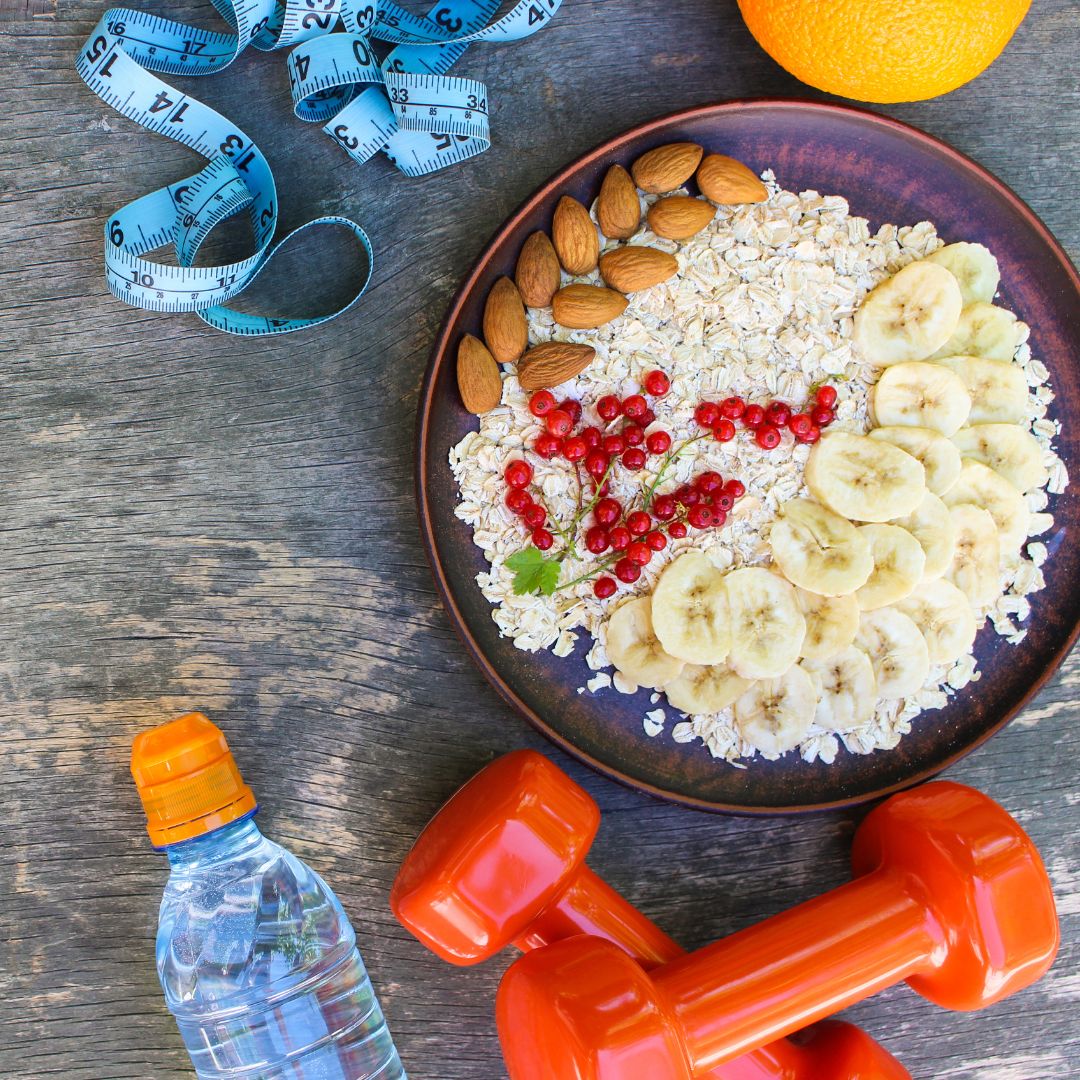Top 5 Foods to Avoid When Dealing with Anal Fissures
Anal fissures, small tears in the lining of the anus, can cause significant discomfort, especially during bowel movements. Diet plays a pivotal role in both the prevention and management of anal fissures. Certain foods can exacerbate symptoms or hinder the healing process. Here are the top five foods to avoid when dealing with anal fissures:
Thursday, 13 March, 2025

Spicy Foods
Spicy foods, such as those containing hot peppers or chili powder, can irritate the digestive tract and the anal region, intensifying pain and discomfort associated with anal fissures. It's advisable to steer clear of dishes with ingredients like jalapeños, habaneros, and spicy sauces during the healing period.
Low-Fiber and Processed Foods
Diets low in fiber can lead to constipation, resulting in hard stools that strain the anal canal. Processed foods, including fast food, frozen meals, and snacks made from refined grains, lack adequate fiber and can contribute to digestive issues. Opting for whole grains, fruits, and vegetables can promote softer stools and reduce strain during bowel movements.
Dairy Products
High-fat dairy products like cheese and ice cream can be difficult to digest and may contribute to constipation. Limiting intake of these foods can help maintain regular bowel movements and support the healing of anal fissures.
Nuts and Popcorn
Foods with hard or sharp particles, such as nuts and popcorn, can be challenging to digest and may cause mechanical irritation to the anal canal during elimination. Avoiding these snacks can prevent additional discomfort and potential injury to the affected area.
Alcohol
Alcohol consumption can lead to dehydration, resulting in harder stools and increased straining during bowel movements. Reducing or eliminating alcohol intake ensures better hydration and supports digestive health, facilitating the healing of anal fissures.
Additional Dietary Recommendations
Incorporating high-fiber foods into your diet is essential for preventing constipation and promoting healing. Foods rich in fiber include whole grains, legumes, fruits, and vegetables. Drinking plenty of water is equally important, as it helps soften stools and facilitates smoother bowel movements.
Lifestyle Modifications
Beyond dietary changes, certain lifestyle practices can aid in the management and prevention of anal fissures:
- Regular Exercise: Engaging in physical activity stimulates intestinal function and promotes regularity.
- Proper Hydration: Consuming adequate fluids keeps stools soft and reduces the risk of constipation.
- Healthy Bowel Habits: Responding promptly to the urge to defecate and avoiding prolonged sitting on the toilet can prevent undue strain on the anal region.

By avoiding the aforementioned foods and adopting a fiber-rich diet alongside healthy lifestyle habits, individuals can effectively manage anal fissures and support the healing process.
For specialized care and treatment options for anal fissures, consider consulting the experts at QwikCure, who offer advanced proctological services to ensure optimal digestive health.